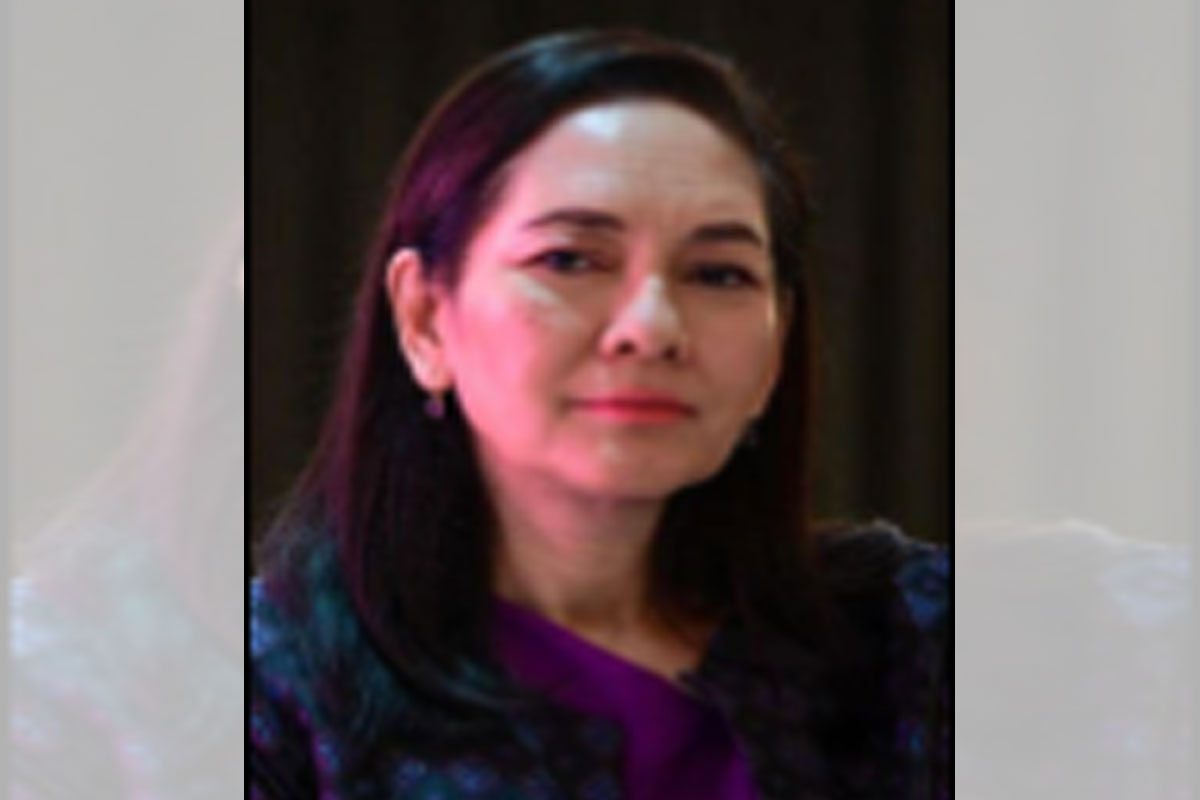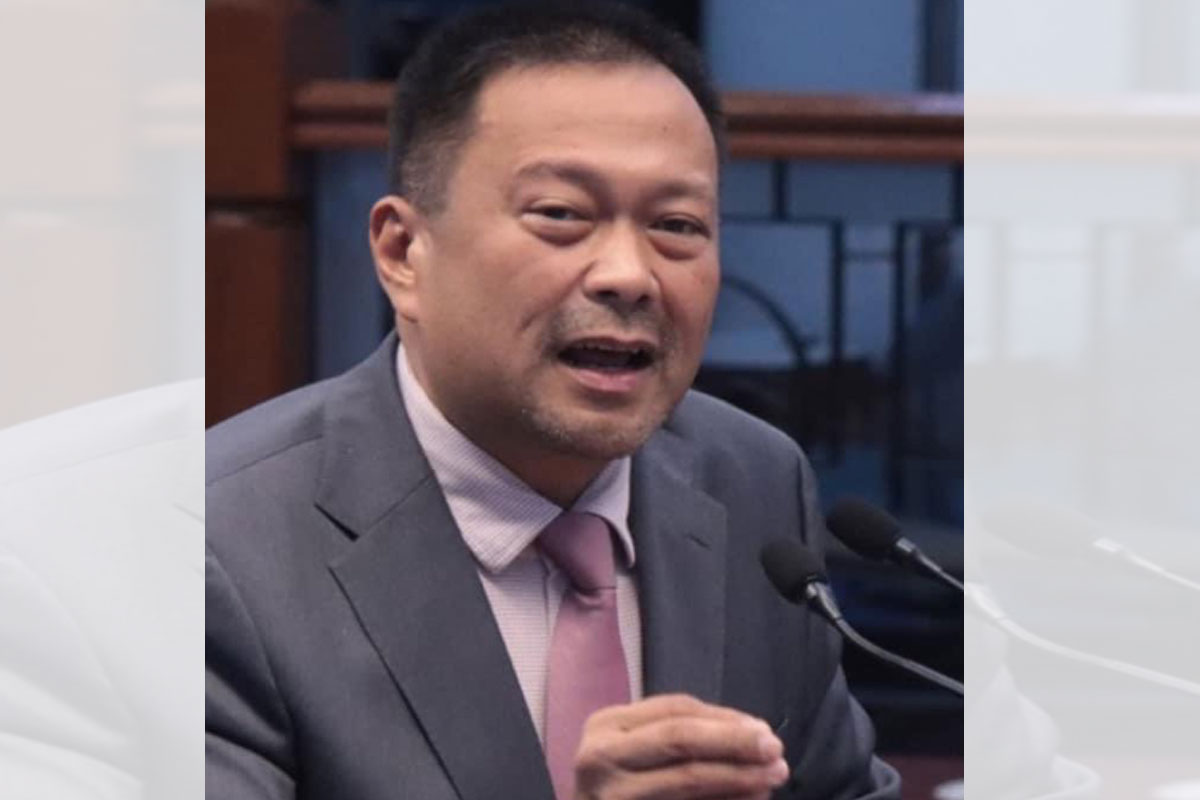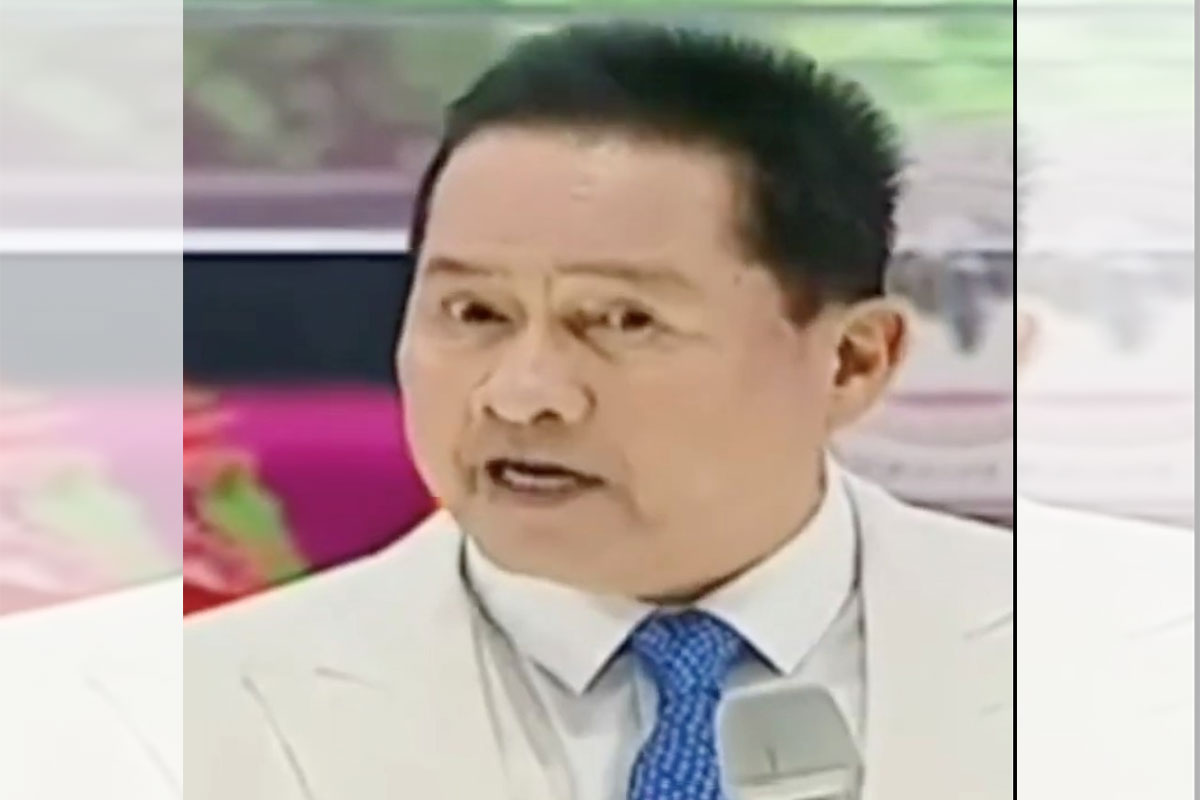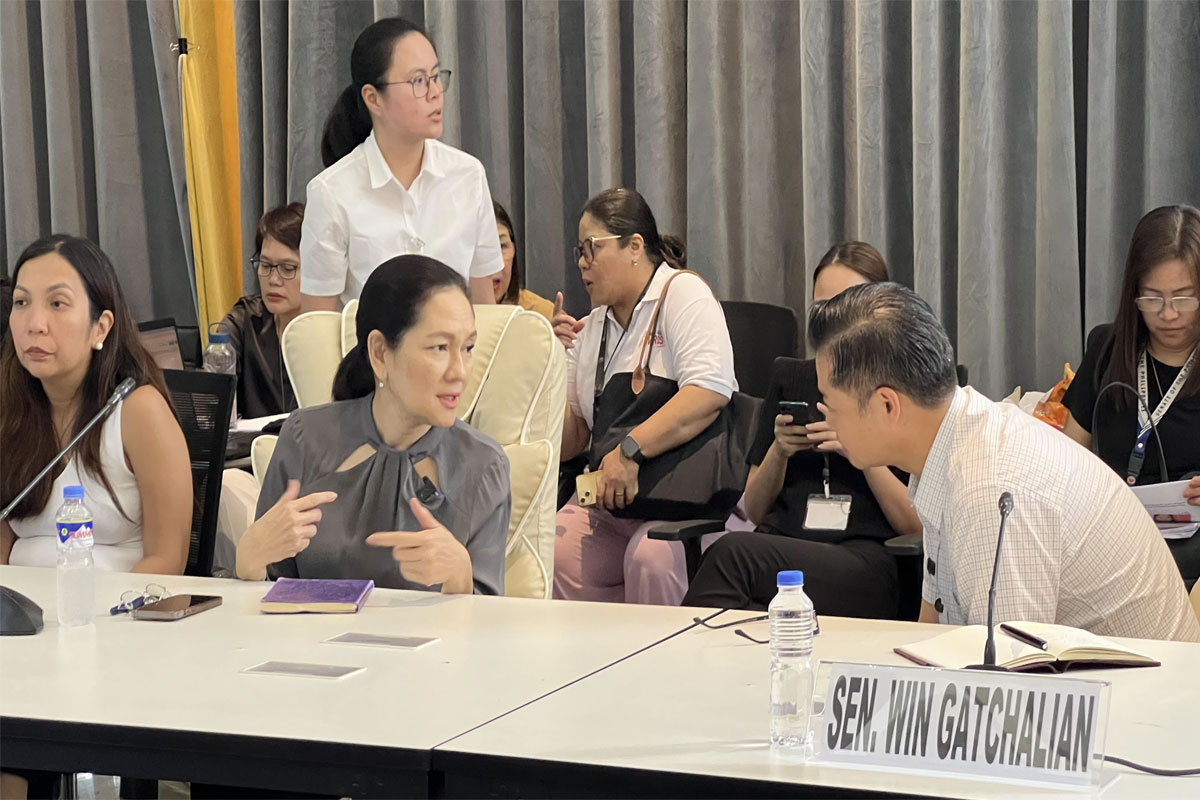
Solon sees reason for more backing to EPIRA overhaul
A LAWMAKER has run across a more compelling reason for lawmakers to support President Ferdinand “Bongbong” Marcos Jr.’s proposed overhaul of the Electric Power Industry Reform Act (EPIRA) to ensure adequate and cheaper power for consumers, following the acknowledgment by Energy Secretary Raphael Perpetuo Lotilla before the Congress that both this 21-year-old law and a follow-up legislation on microgrids have actually done little to deliver 24/7 electricity in underserved or unserved communities nationwide.
Camarines Sur Rep. LRay Villafuerte stressed that “only a makeover of EPIRA, which allows even inefficient or mismanaged power suppliers—like a number of electric cooperatives (ECs)—to keep their monopolies over their respective places of operation, could bring about true free market competition in these franchise areas—and clear the way to stable and more affordable electricity plus better customer services for household, commercial and industrial consumers.”
During last week’s Commission on Appointments (CA) committee hearing on Lotilla’s designation as Department of Energy (DOE) Secretary, Villafuerte said he was able to draw out from Lotilla “an acknowledgement that both the EPIRA Law of 2001 and the subsequent Microgrid Systems Act of 2022 have not led to the entry of enough power distribution utilities (DUs) or microgrid service providers (MGSPs) in many areas underserved by the existing franchise holders or in those mostly faraway communities with no electricity at all.”
EPIRA has a provision allowing Qualified Third Party (QTP) or alternative electric service provider duly authorized by the Energy Regulatory Commission (ERC) to serve unviable areas or those underserved by existing franchise holders, in keeping with this law’s goal to accelerate the country’s total electrification.
Unviable areas refer to those places within franchise areas where the current DUs deem it unfeasible or too costly for them to extend their distribution lines or maintain such extended facilities without hurting their financial positions.
Unserved areas refer, meanwhile, to places without access to electricity in the absence of distribution or individual home system lines or connection to microgrid systems, while underserved areas are those places where electricity is available for less than 24 hours daily.
As for RA 11646 or the “Microgrid Systems Act,” it was meant to accelerate total electrification nationwide via the installation by Microgrid Service Providers (MGSPs) of microgrid systems using indigenous or renewable energy (RE) sources in unserved or underserved places.
Villafuerte observed, though, that both laws have proceeded at a sluggish pace—in the case of EPIRA, it was because of a provision requiring the official consent of the existing DUs to allow QTPs before alternate power suppliers could operate in these franchise areas; and in the case of RA 11646, because it required the prior declaration by the DOE that such areas are underserved or unserved areas before prospective MGSPs could step in.
Pointing out that only 11 QTPs were approved since EPIRA took effect 21 years ago, Villafuerte surmised at the hearing of the CA committee on energy chaired by Sen. Loren Legarda that this looked like “a failure or the non-implementation” of the law meant to speed up the country’s total electrification.
Lotilla conceded that it was “one major obstacle because it needs the consent of the distribution utility … the franchise in the particular area before a qualified third party can come in.”
In light of President Marcos’ push for EPIRA amendments in his first State of the Nation Address (SONA) last July, Villafuerte asked Lotilla during the CA panel hearing if he was considering as one amendment the rationalization of the QTP program or deletion of this EPIRA proviso requiring the consent of DUs for QTPs to operate in their franchise areas.
Lotilla replied, “Definitely, we will … if Congress is minded to support that particular proposal, then we at the Department … are going to support it.”




















